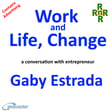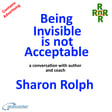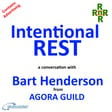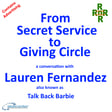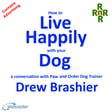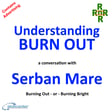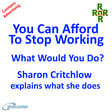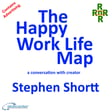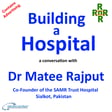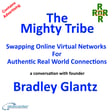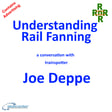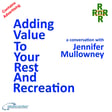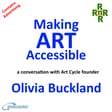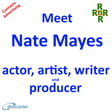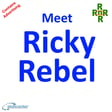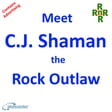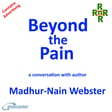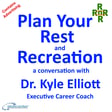
Get Your Book Published, a conversation with book coach Andrea Glass
Everyone has a book in them. For some people it is a novel, but for an increasing number of professionals it is a non-fiction book. It is not just independent professional consultants, increasing numbers of in-house professionals are writing a book.
Whilst the idea may sound very appealing, the reality is far from easy. The list of challenges that must be addressed before the presses start rolling is extensive.
Andrea Glass is a Book Coach who aims to support first time non fiction authors to overcome those challenges.
In this interesting episode of Rest and Recreation Andrea explains to host Michael Millward the processes that have helped her support over 200 first time authors.
Amongst the useful hints and tips Andrea explains her C.O.D.E. model that keeps authors focused.
Rest and Recreation is made on Zencastr. - the all-in-one podcasting platform, on which you can create your podcast in one place and then distribute it to the major platforms. It really does make creating content so easy.
If you would like to try podcasting using Zencastr visit zencastr.com/pricing and use our offer code ABECEDER.
Gifts From Andrea Glass - If you would like to discuss the book that you have inside you with Andrea, please visit her website to book a free 15 minute conversation.
My Fabulous First Book: A Workbook helps first-time nonfiction authors get prepared to write a fabulous first book.
Travel - Andrea is based in San Diego. If you would like to visit California book your travel at The Ultimate Travel Club, It’s where you will get trade prices on flights, hotels, and package holidays.
Use offer code ABEC79 to receive a discount on your membership fee.
You can find out more about both Michael Millward, and Andrea Glass at Abeceder.co.uk .
Being a Guest - be a guest on Rest and Recreation, contact us using the link at Abeceder.co.uk. We recommend that potential guests take one of the podcasting guest training programmes available from Work Place Learning Centre.
Proactive Positive Ageing – requires knowing your body, that’s why we recommend The Annual Health Test from York Test, which tests for 39 different health markers.
You can access your easy-to-understand results and guidance via your secure, personal Wellness Hub account.
Access York Test https://www.yorktest.com/and use this discount code ABECEDER2.
Matchmaker.fm - Thank you to the team at Matchmaker.fm introducing me to Joanna. Matchmaker.fm is where matches of great hosts and great guests are made. Use our offer code MILW10 for a discount on membership.
Three the network - Three has the UK’s Fastest 5G Network with Unlimited Data, which means less buffering.
Use my referral code WPFNUQHU at Three for information about Three's business and personal telecom solutions.
If you have liked this episode of Rest and Recreation, please give it a like and download it. To make sure you do not miss future editions please subscribe.
Remember, the aim of all the podcasts produced by Abeceder is not to tell you what to think, but we do hope to make you think!
Thank you to you for listening.

